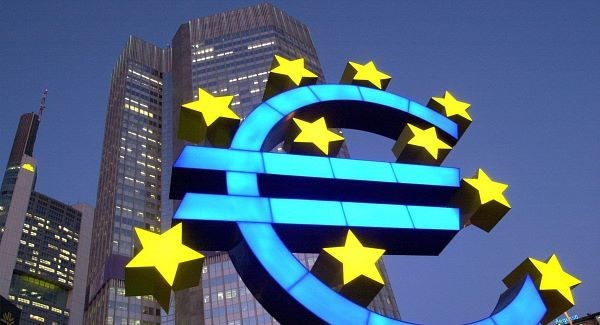It has now been 11 years on from the 2008 global financial crisis and analysts are warning of a new, emerging Eurozone debt crisis. Several countries within the European Union, including Greece (the first to have financial difficulties), Italy, Spain and Cyprus, have all had troubles in repaying their debts. Deepening debt and unstable governments have all weakened these countries’ financial prospects.
Much analysis looks at the Eurozone debt crisis on a nationwide scale. However, it’s worth taking a closer look at individual regions and how they will be affected, such as Spanish tourist haven the Costa Blanca.
Has Investment in Costa Blanca Been Affected?
The Costa Blanca region is especially vulnerable to the Eurozone debt crisis because of the level of investment it has been receiving over the last two decades. The timeline of the debt crisis shows that economic issues stem from unstable governments or the inability to pay off loans, which ends up diminishing investors’ confidence.
UK residents have already been burnt by Spain’s economy, with many British couples forced to put their holiday homes on the property market. Spanish banks are targeting them for repossessing if they have fallen behind in their mortgage repayments. Likewise, American investors may be reluctant to put their money in regions like the Costa Blanca as the Eurozone debt crisis also influences the direction of the EUR/USD pair in a negative way. The United States is responsible for 4.4% of foreign direct investment (FDI) in Spain according to the 2018 World Investment Report from UNCTAD, but many will be watching to see if this figure is affected by the Eurozone debt crisis.
The crisis also affects the performance of the companies on the FTSE 100 and other major stock exchange players. For example, Spanish mining organisation Rio Tinto has already been hit by rising fuel prices. Major companies are incredibly sensitive to political and economic issues even outside of their direct industries and this all has a knock-on effect on how much money they are able or are willing to invest.
How Will the Eurozone Debt Crisis Affect Costa Blanca Tourism?
It’s not just investment in the Costa Blanca area that could be affected, but tourism too. In December 2017, hotel occupation figures in the Alicante region of Spain rose by 2.1% in comparison to the previous year. Hotels in Costa Blanca also reached more than 45% occupancy levels during the first fortnight of the month.
These high tourism figures may become a thing of the past if the debt crisis continues. According to the National Institute of Statistics, Italy sent 3.9 million tourists to Spain in 2016. This represents 5.1% of the total number of international tourists visiting Spain and the fifth biggest market for the country. But with the Eurozone debt crisis tightening travelling budgets for Italians, the number of tourists to regions like the Costa Blanca might drop.
All in all, there is no guarantee that the Costa Blanca will be hit that hard. However, it would be naive to think that the debt crisis won’t have major ramifications over the region if Spanish debt continues to spiral out of control or if the country is unable to grow its economy enough to repay the money it has borrowed. A new Eurozone debt crisis may have ripple effects before it fully kicks in – even the FTSE live data dropped by 30 points in 2012 following rumours of a Spanish bailout. Investors will be monitoring the FTSE 100 live closely as speculation about the crisis continues.





